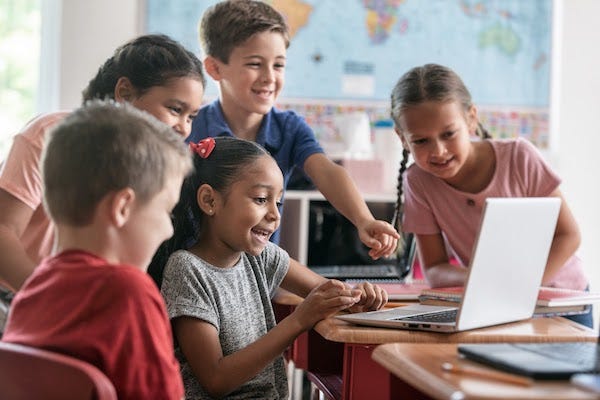Creating a strong foundation for learning in young children requires strategic planning and innovative approaches. Effective learning strategies in early childhood are essential for fostering curiosity, promoting cognitive development, and preparing children for future academic success. Below are several strategies that have been proven effective in enhancing learning outcomes for preschool-aged children.
Tailoring Learning Experiences to Individual Needs
Every child is unique, and their learning styles vary significantly. A preschool program should accommodate these differences by providing diverse learning experiences. For instance, some children grasp concepts better through visual aids, while others may benefit from hands-on activities. Tailoring the learning environment to cater to these individual needs can significantly boost engagement and understanding.
Incorporating a mix of sensory activities, such as tactile materials and visual aids, helps children connect with the content in meaningful ways. For example, using textured letters and numbers can assist children who learn best through touch, while colorful storybooks may engage those who are visually oriented.
Emphasizing Play-Based Learning
Play-based learning is a powerful approach that integrates play with educational goals. Children learn best when they are engaged in activities that feel like play rather than traditional instruction. A preschool program that emphasizes play-based learning allows children to explore, experiment, and discover in a low-pressure environment.
Through imaginative play, children can develop problem-solving skills and enhance their social abilities. For instance, setting up a pretend grocery store helps children learn about counting, money, and social interactions. This type of learning environment encourages children to take initiative and think critically, all while having fun.
Encouraging Social Interaction
Social interaction is crucial for young children’s development. A well-structured preschool program should foster opportunities for children to interact with their peers. Collaborative activities, such as group projects and cooperative games, teach children valuable social skills and teamwork.
For example, organizing group art projects or group storytelling sessions helps children learn how to share ideas, negotiate, and work together towards a common goal. These interactions not only enhance their social skills but also contribute to their cognitive and emotional growth.
Incorporating Technology Wisely

Technology, when used appropriately, can be a beneficial tool in early childhood education. Interactive apps and educational games can complement traditional learning methods and offer engaging ways to practice new skills. However, it is crucial to use technology in moderation and ensure that it complements rather than replaces hands-on learning experiences.
A preschool program that integrates technology effectively might include interactive storybooks or educational games that reinforce concepts taught in class. For instance, an app that teaches letter recognition through fun games can reinforce the lessons learned during the day. Balancing screen time with physical activities ensures that children benefit from a diverse range of learning experiences.
Fostering a Love of Reading
Instilling a love of reading from an early age is fundamental to a child’s educational journey. A preschool program should incorporate a variety of reading activities to build early literacy skills and encourage a lifelong love of books. Reading aloud to children, providing access to a diverse selection of books, and creating a cozy reading nook can all contribute to a positive reading experience.
Effective learning strategies for young children involve a combination of individualized approaches, play-based activities, social interaction, appropriate use of technology, and fostering a love of reading. By implementing these strategies in a preschool program, educators can create an enriching environment that supports children’s developmental needs and sets them on a path to lifelong learning.


